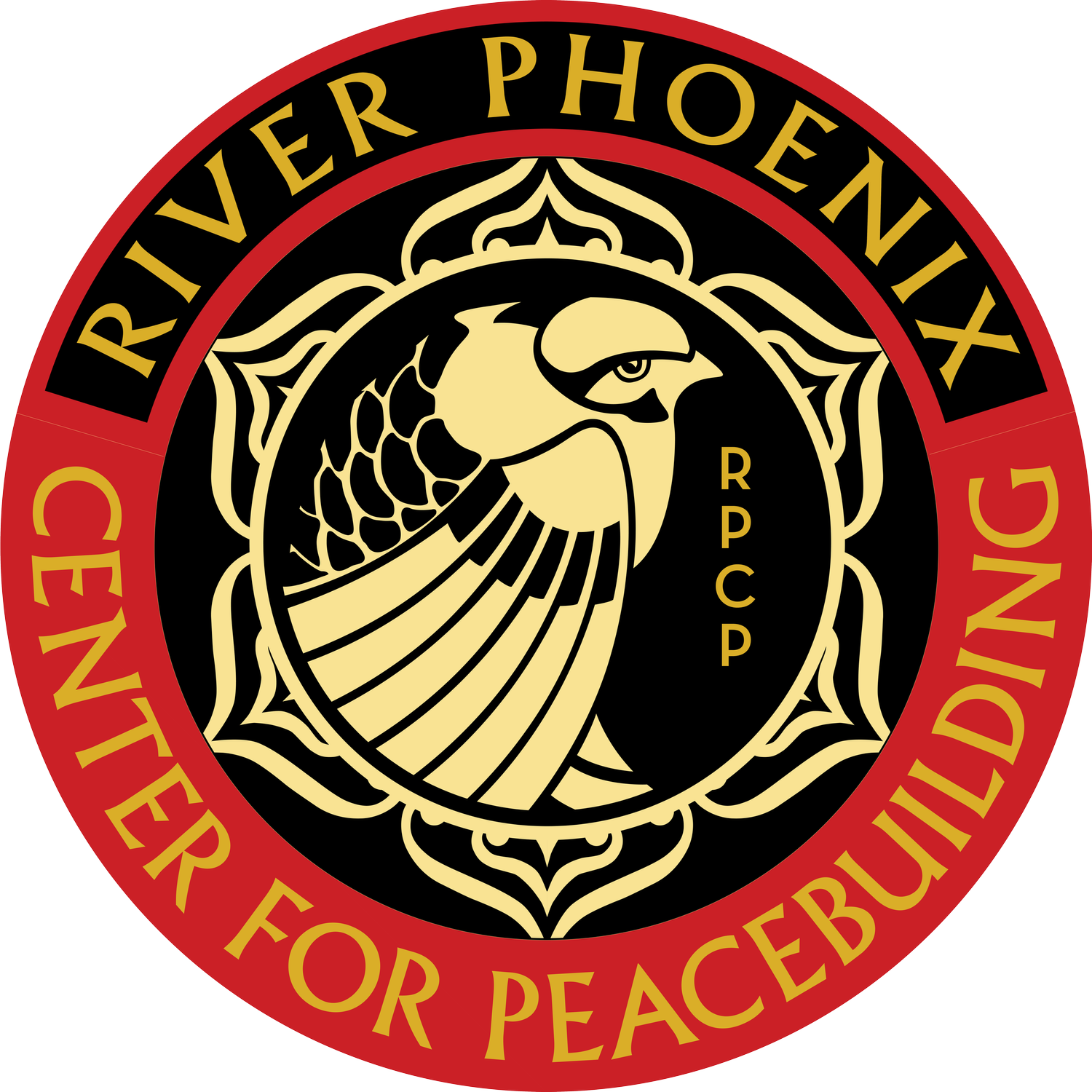Community Dialogue
In addition to the specific contexts mentioned above, Dialogue can be a helpful tool and practice in a wide range of communities and situations. Various communities – including towns, neighborhoods, organizations, interest groups, spiritual congregations, workplaces, and families – can build understanding and strengthen trust when they engage in authentic, constructive conversations, especially when dealing with an important or difficult situation. The dialogue process helps members of a community feel heard, connected, and valued as they share honestly and listen intently. The practice of dialogue can even help communities build a culture of dialogue in which members of the community routinely and effectively utilize open, thoughtful communication in everyday interactions. RPCP’s facilitation team can design and implement a rewarding dialogue program that meets the specific needs and intentions of unique contexts and communities.
Educator Student Dialogue
Similar to a Police Youth Dialogue, the Educator Student Dialogue is a facilitated process that brings educators (including teachers, school staff, and administrators) and students together to share their personal experiences and build a more vibrant school community. These dialogues usually include about 8-12 students and an equal number of teachers and staff and take place over 2-3 hours. During the dialogue, both students and staff have the opportunity to share openly with each other as they take part in experiential activities designed to build community and promote perspective-taking. These include games, roleplay scenarios, small-group discussions, and constructive brainstorming sessions. The Educator Student Dialogue helps to empower student voices and increase student engagement while also providing teachers and staff with a means of preventing or addressing challenging behavior, strengthening school and/or classroom cohesion, and helping to foster an overall culture of respect and inclusion. RPCP has facilitated numerous Educator Student Dialogues in schools across Alachua County.
Police Youth Dialogue
RPCP, in collaboration with the Gainesville Police Department and the Alachua County Sheriff’s Office, developed and implemented the Police Youth Dialogue program, (please watch video above, high-lighted in red), to help bridge the gap in trust that exists between police officers and local youth, especially those from marginalized communities. RPCP’s experiential approach to the dialogue incorporates various discussions and activities designed to help participants explore and evaluate their perceptions of each other including any assumptions, biases, or stereotypes they may hold.
RPCP’s Police Youth Dialogue program was introduced in 2012, along with other programs and reforms, as a part of a broader initiative to reduce Disproportionate Minority Contact (DMC) of youth by law enforcement within Gainesville and Alachua County. More recently, highly publicized events, such as the killing of George Floyd and the emergence of the Black Lives Matter movement, have captured national attention and exacerbated the already tenuous relationship between law enforcement agencies and communities of color. RPCP’s Police Youth Dialogue aims to empower and elevate the voices of Black and Brown youth, so that they may express their needs and be active participants in the building of a more equitable community.
To date, RPCP has facilitated over 120 Police Youth Dialogues, including over 1200 officers and 2000 youth. These dialogues, along with other local reforms, are already helping to redefine the role of policing in the Gainesville community. Since 2013, Gainesville has seen an 78 percent overall reduction in youth arrests and a 95 percent reduction in at-school arrests. These authentic conversations often result in greater levels of trust and understanding, enabling new possibilities for increased public safety and effective police/community relations.
For a more comprehensive description of various models of Police Youth Dialogues, check out The Little Book Of Police Youth Dialogues, authored by RPCP’s Executive Director, Jeffrey Weisberg, and Board Secretary, Micah Johnson!
If you are interested in bringing a Police Youth Dialogue to your community, RPCP can provide assistance in program implementation and facilitation training. For more information, please contact us at info@centerforpeacebuilding.org




